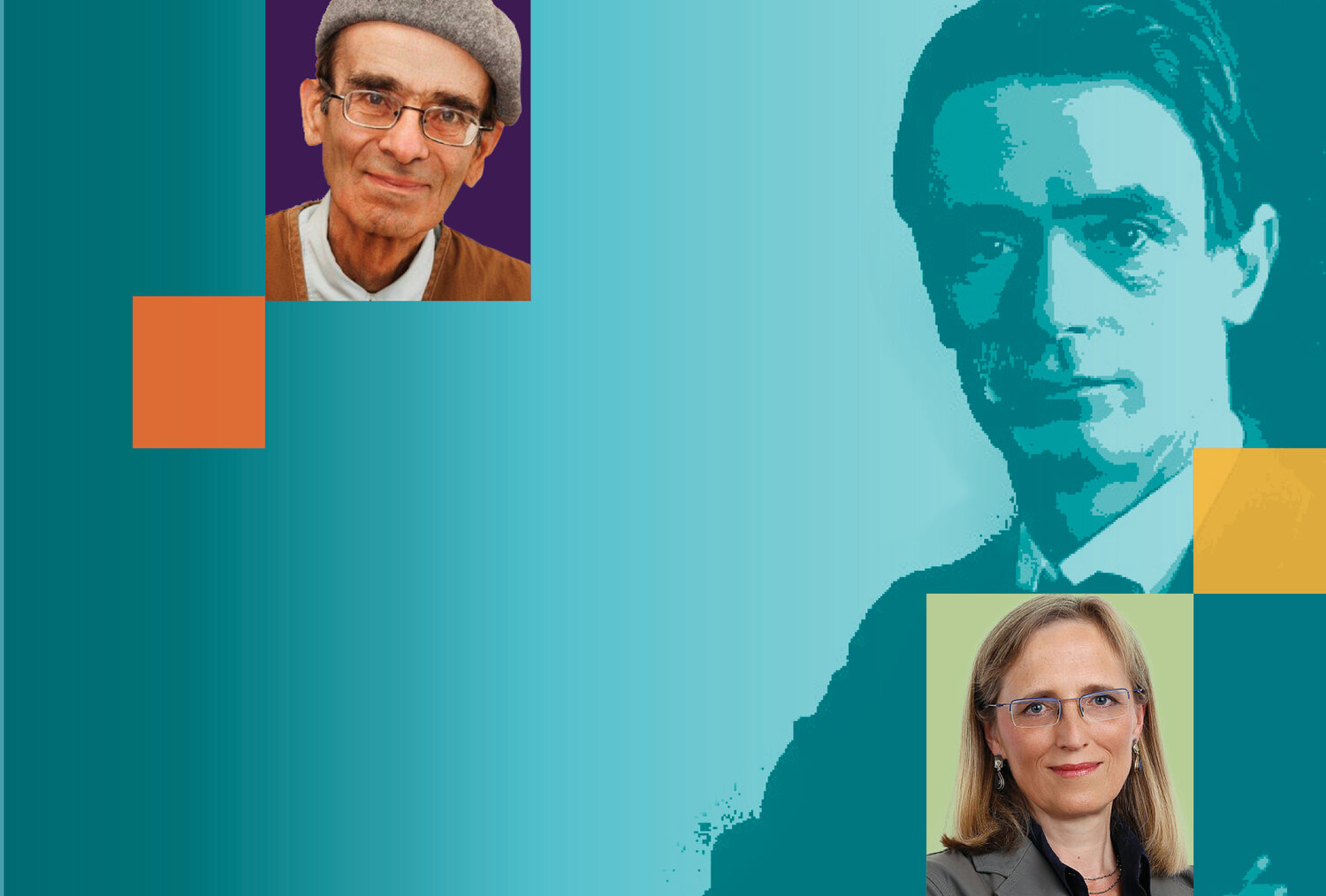
AnthroMed Library is a repository for articles, audio, and video relating to anthroposophic medicine. Sponsored by PAAM - Physicians' Association for Anthroposophic Medicine.
Recent Submissions
Fundraising appeal letter - December 2025
(2025-12-15)
Self-Perceived Usage of Digital Screen Media and Intentions to Reduce it: An Open, Prospective, Multi-Centered, Pseudonymized Survey among Parents and their Children
(2019) Schwarz, Silke; Krafft, Hanno; Büssing, Arndt; Boehm, Katja; Büsching, Marcel Robert Uwe; Martin, David
Introduction: There are many opinions about the use of digital screen media (dsm) in childhood, however, all experts agree on
one thing: children spend on average too much time in front of screens. So far, there are few interventions to restrict the quantity
and increase the quality of screen-time. The aim of this study was to investigate the impacts a media fasting intervention would
have on screen use and overall wellbeing.
Method: A pilot study with an open, prospective, multi-centered design of a pseudonymized survey with pre and post assessment
of a 44-day media fasting intervention. Participating families were approached at family practices, at schools, at one pediatric
hospital and by including individuals. Here we report on the intentions of parents and their children at the start of the interven-
tion.
Results: 365 parents (50% <40 years; 51% high school education) and 280 schoolchildren (aged 10.5 ± 3.1 years; 56% boys).
Parents had 0.3 ± 0.9 media-free days/week. Children had 0.8 ± 1.5 media-free days/week. Parents found that using less dsm
would be good for themselves (77%) and for their children (81%), felt annoyed/stressed by permanent availability of dsm (58%).
They hoped that by using less dsm they would have for more time for their children (63%) and become more attentive and calmer
as a family (79%). 58% hoped that media fasting would improve their child’s ability to concentrate. Some children accused their
parents of using too much dsm (49%), felt that they themselves used to much dsm (39%), felt annoyed and stressed by the per-
manent availability of dsm (only 16%), and hoped for improved concentration (55%) and more attentiveness and calmness as a
whole family (72%) by reducing dsm.
Conclusion: Parents and children, show a self-critical attitude towards media, even though children assign them a less negative
status. All groups hope reduction of dsm will improve quantity and quality of family time.
Design of a Self-Management Program for Children Aged 6-12 Years with Type 1 Diabetes Mellitus at the Community Hospital Herdecke, Germany.
(2017) Berger, Bettina; Sethe, Dominik; Hilgard, Dörte; Martin, David; Heusser, Peter
Children with type 1 diabetes mellitus (T1DM) must replace lacking endogenous insulin by daily insulin injections or insulin pumps. Standards of treatment include educational programs enabling self-management. The program 'Herdecker Kids with Diabetes' (HeKiDi) is based on an anthroposophic understanding of the human being and intends to provide an individualized, patient-oriented approach to developing diabetes-related and comprehensive human competencies.
Effectiveness of a homeopathic complex medicine in infantile colic: A randomized multicenter study.
(2019-08) Raak, Christa; Krueger, Peter; Klement, Petra; De Jaegere, Sabine; Weber, Stephan; Keller, Thomas; Ilyenko, Lydia; Martin, David; Ostermann, Thomas
Infantile colic is a common benign disease occurring in early infancy that may have a great impact on family life. In the present study, the effectiveness and safety of the complex homeopathic medicine Enterokind was compared with Simethicone for treating infantile colic.
Current data were drawn from a prospective, multicenter, randomized, open-label, controlled clinical trial that was conducted in 2009 in 3 Russian outpatient clinics. Children received either Enterokind (Chamomilla D6, Cina D6, Colocynthis D6, Lac defloratum D6 and Magnesium chloratum D6) or Simethicone. Data from infants ≤ 6 months with infantile colic are presented here.
The main outcomes assessments were the change of total complaints score (maximum 17 points) and total objective symptoms score (maximum 22 points) after 10 days of treatment.
Data from 125 infants ≤ 6 months with infantile colic were analyzed. The differences in total complaints and objective symptoms scores between baseline and day 10, estimated from the ANCOVA model, were found to be highly significant (p < 0.0001; ITT) in favor of Enterokind, both for complaints (Δ=-2.38; 95% confidence interval (CI): [-2.87; -1.89]) and for objective symptoms (Δ=-2.07; 95% CI: [-2.65; -1.49]). 1 adverse event (AE), vomiting, occurred under Enterokind and was rated to be unlikely related to it; 4 AEs occurred under Simethicone. All AEs were non-serious.
The current study indicates that Enterokind is an effective and safe homeopathic treatment for functional intestinal colic in infants ≤ 6 months.






